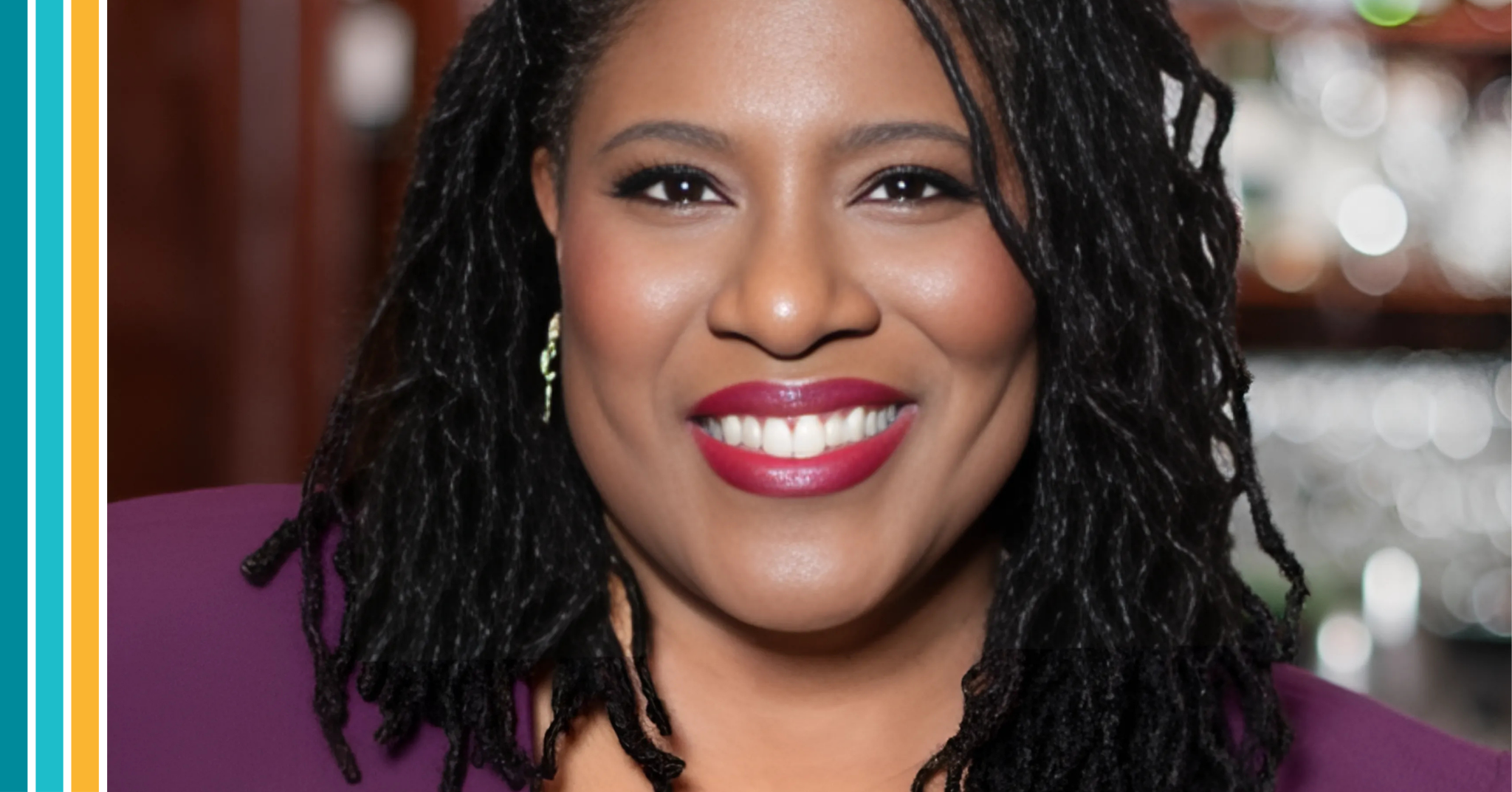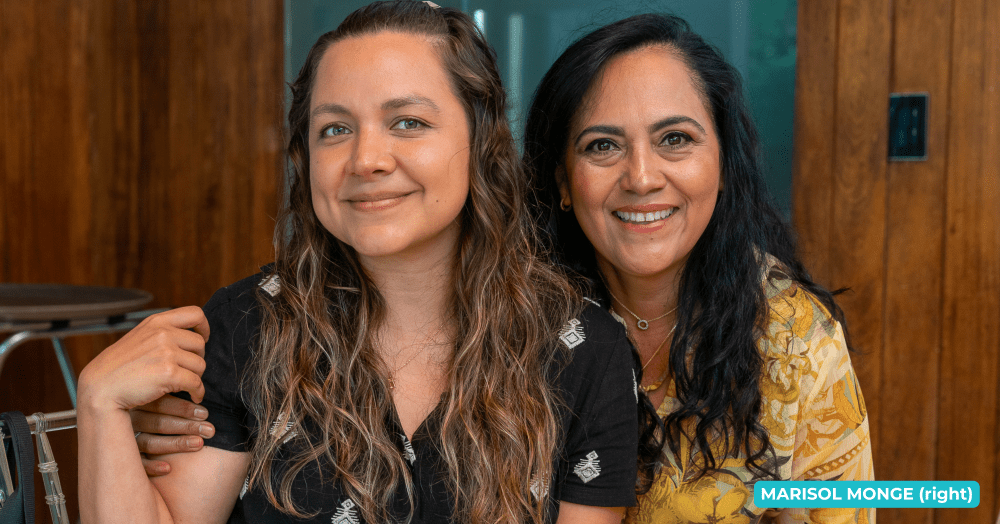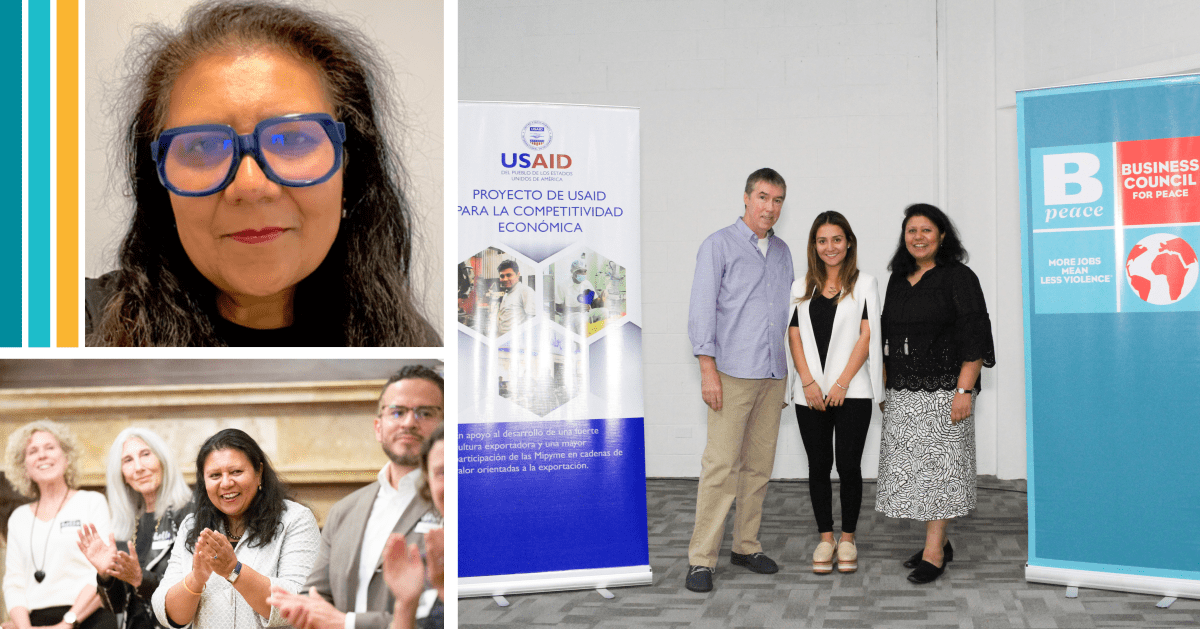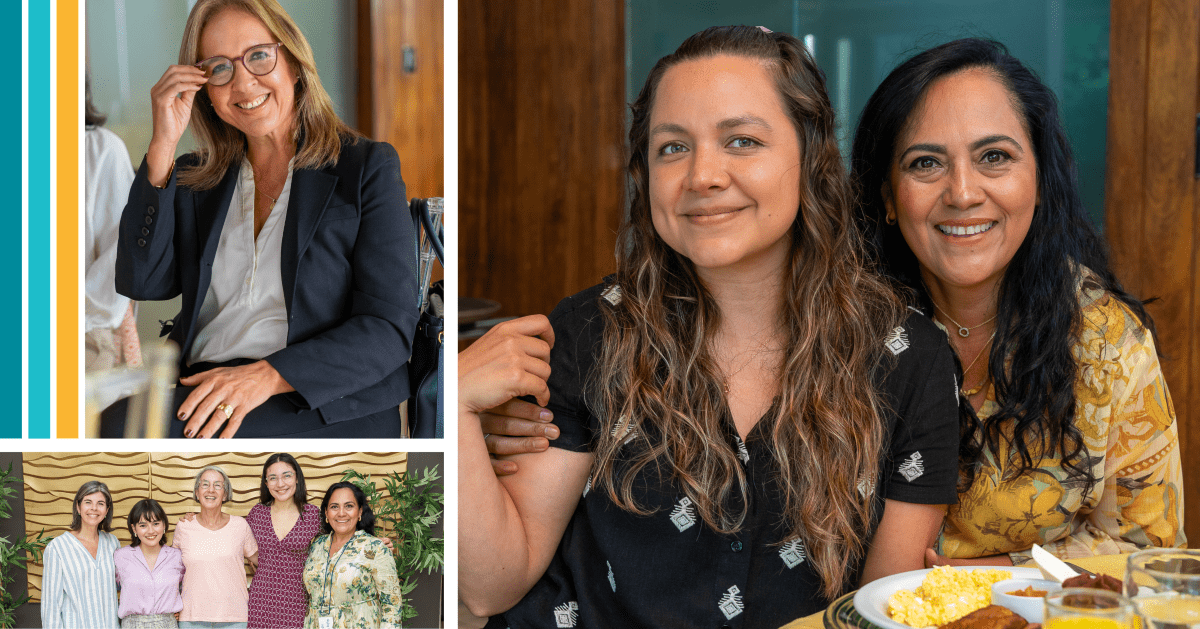Black-owned businesses play a vital role in strengthening local economies, closing the racial wealth gap, and fostering diverse, inclusive communities. However, these businesses often face systemic barriers to access capital, resources, and opportunities. By intentionally supporting Black entrepreneurs, especially women-owned, we contribute to a more equitable economy where innovation and leadership thrive.
Entrepreneur Carol Parker Walsh, a participant in our Supplier Diversity program sponsored by PwC, reflects on what it means to run a Black-owned business and how she can make an impact on her community.
Has being a Black business owner influenced the way you lead your team, adapt to challenges, mentor other entrepreneurs, or support your community? If so, how?
Absolutely. Being a Black business owner has given me a unique perspective on resilience, innovation, and community-focused leadership. I understand that representation matters, so I strive to create a work culture that values inclusivity and fosters trust, growth, and open dialogue. I also make it a priority to mentor other aspiring women of color entrepreneurs, sharing hard-earned lessons and encouraging them to dream bigger. And because I believe “to whom much is given, much is required,” I frequently look for opportunities to give back to my community through volunteering, donating, or serving on boards and committees.
What are some of the biggest challenges you’ve faced as a Black entrepreneur, and what support has helped you the most?
A few of my challenges have been finding affordable talent, lead generation, and accessing capital. With regard to lead generation, as a Black female business owner, I often found myself having to prove my credibility multiple times over just to get in the door. But I can also respect that there’s a lot of competition out there. However, mentorship and support from established professionals, peer support groups, and business accelerators like Bpeace have been instrumental in helping me navigate these barriers. I’ve received invaluable resources, from sales and marketing to growth strategies. Those connections and the sense of community they fostered have made all the difference when tackling systemic or logistical hurdles.
How does your business make a difference in your community, and what impact are you most proud of?
I’m proud that my business makes a difference by elevating leaders, guiding career paths, and creating organizations where employees feel valued, seen, and heard—enabling them to do their best work. Because I primarily partner with purpose-driven or community-focused organizations, I know that when these groups operate effectively and at their highest potential, their positive effect on the communities they serve multiplies. I’m particularly proud that our efforts have been recognized by our local business journal, which honored me this year as a Woman of Influence for our impact on the community.
Do you believe it is important to promote and support Black-owned businesses in the U.S.? If yes, why?
I can’t emphasize enough how extremely important it is. Promoting and supporting Black-owned businesses helps close the wealth gap, creates jobs, and fosters diverse perspectives in the marketplace. It also sends a message that business ownership and entrepreneurship are accessible to all, regardless of background. When we invest in Black-owned businesses, we invest in stronger, more equitable communities where everyone can thrive.
What advice would you give to other Black women looking to start or grow their own businesses?
First, believe in yourself and the value of your vision. It’s your perspective and lived experiences that set you apart and allow you to make a unique contribution to the world. Second, find mentors or peer groups who understand the unique challenges you face and can provide targeted support. Look for and don’t be afraid to seek out opportunities, grants, and programs designed for underrepresented entrepreneurs; they can be transformative resources. Lastly, build a strong personal and professional network. Business ownership can feel isolating, so you need a community of support who will be there to celebrate your wins and help you navigate challenges.
What positive changes have you seen Black women-owned businesses bring to your community, whether through job creation, mentorship, or other forms of support?
Dr. Gloria Willingham-Toure has been an invaluable mentor to me and countless others. Her business model is centered on building a “village” of mentors, resources, and support systems specifically aimed at uplifting people of color. Guided by empathy and collaboration, she has created a powerful ripple effect in communities around the world, as evident in her guiding motto, “Lift as we climb.” Through her work, she mentors emerging leaders, champions financial literacy, and promotes community well-being through a variety of initiatives. While I’m highlighting Dr. Willingham-Toure (because she’s been so instrumental to me personally and professionally), I also recognize the collective impact of other Black women business owners I’ve had the pleasure to know or partner with that, through their dedication and service, strengthen and unite communities, foster local talent, and empower people to pursue their aspirations.
Paving the Way for Future Entrepreneurs
By breaking barriers and seizing opportunities, Carol Parker Walsh demonstrates the power of Black entrepreneurship to drive economic growth and social change. Her success highlights the importance of investing in Black business leaders. As we honor her achievements, we remain committed to creating pathways for more entrepreneurs to thrive.





